Abarth 500 595 695 vs NIO ET7 – Which one offers the better deal?
Both models have their strengths – but which one suits you more?
Compare performance, efficiency, price and space directly: Abarth 500 595 695 or NIO ET7?
Costs and Efficiency:
Looking at overall running costs, both models reveal some interesting differences in everyday economy.
Abarth 500 595 695 has a decisively advantage in terms of price – it starts at 32600 £, while the NIO ET7 costs 59900 £. That’s a price difference of around 27352 £.
In terms of energy consumption, the advantage goes to the Abarth 500 595 695: with 17.10 kWh per 100 km, it’s to a small extent more efficient than the NIO ET7 with 19 kWh. That’s a difference of about 1.90 kWh.
As for range, the NIO ET7 performs significantly better – achieving up to 584 km, about 319 km more than the Abarth 500 595 695.
Engine and Performance:
Under the bonnet, it becomes clear which model is tuned for sportiness and which one takes the lead when you hit the accelerator.
When it comes to engine power, the NIO ET7 has a decisively edge – offering 653 HP compared to 155 HP. That’s roughly 498 HP more horsepower.
In acceleration from 0 to 100 km/h, the NIO ET7 is decisively quicker – completing the sprint in 3.80 s, while the Abarth 500 595 695 takes 7 s. That’s about 3.20 s faster.
In terms of top speed, the NIO ET7 performs clearly perceptible better – reaching 200 km/h, while the Abarth 500 595 695 tops out at 155 km/h. The difference is around 45 km/h.
There’s also a difference in torque: NIO ET7 pulls convincingly stronger with 850 Nm compared to 235 Nm. That’s about 615 Nm difference.
Space and Everyday Use:
Beyond pure performance, interior space and usability matter most in daily life. This is where you see which car is more practical and versatile.
Seats: NIO ET7 offers somewhat more seating capacity – 5 vs 4.
In curb weight, Abarth 500 595 695 is decisively lighter – 1410 kg compared to 2434 kg. The difference is around 1024 kg.
In terms of boot space, the NIO ET7 offers significantly more room – 363 L compared to 185 L. That’s a difference of about 178 L.
When it comes to payload, NIO ET7 slightly takes the win – 466 kg compared to 385 kg. That’s a difference of about 81 kg.
Who wins the race?
The NIO ET7 proves to be dominates this comparison and therefore becomes our DriveDuel Champion!
NIO ET7 is the better all-rounder in this comparison.
 @ NIO Inc.
@ NIO Inc.
NIO ET7
Abarth 500 595 695
The Abarth 500, particularly in its 595 and 695 renditions, captures the spirit of Italian motoring with its compact yet aggressive design. Known for its lively performance and distinctive styling, this little powerhouse is a joy to drive, offering an engaging experience that appeals to enthusiasts. With its rich motorsport heritage, the Abarth 500 embodies the essence of fun and excitement on both the streets and the race track.
details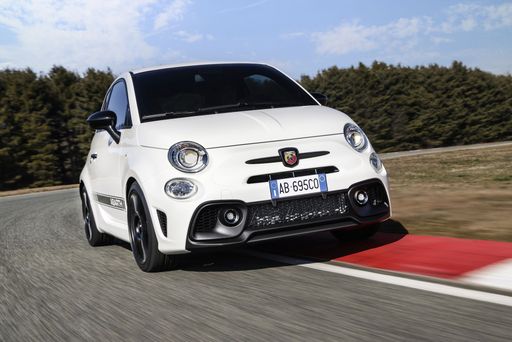 @ Abarth / Stellantis Media
@ Abarth / Stellantis Media
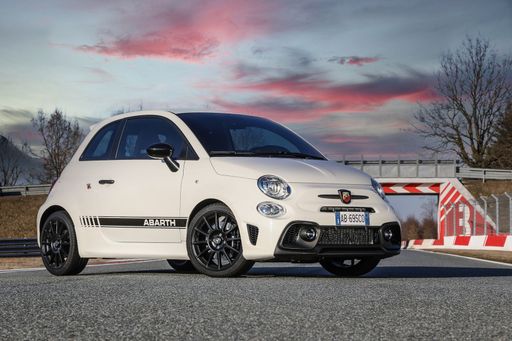 @ Abarth / Stellantis Media
@ Abarth / Stellantis Media
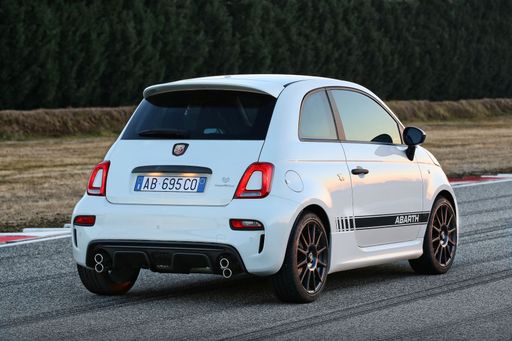 @ Abarth / Stellantis Media
@ Abarth / Stellantis Media
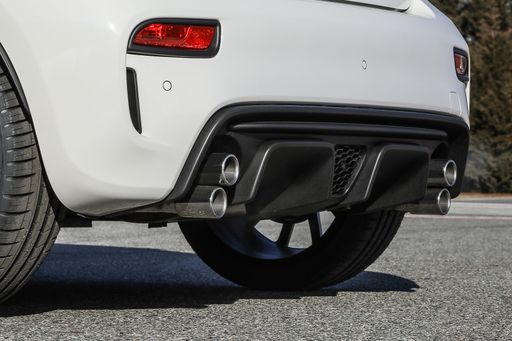 @ Abarth / Stellantis Media
@ Abarth / Stellantis Media
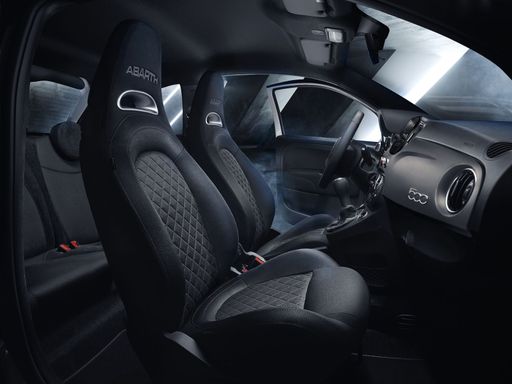 @ Abarth / Stellantis Media
@ Abarth / Stellantis Media
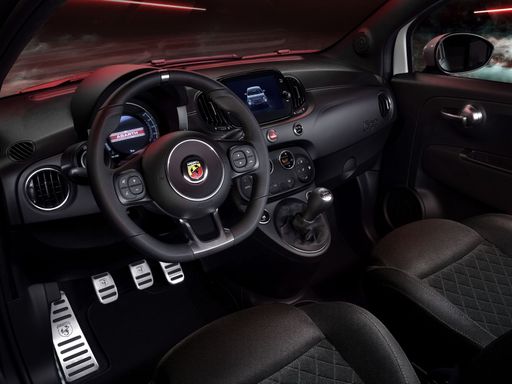 @ Abarth / Stellantis Media
@ Abarth / Stellantis Media
NIO ET7
The ET7, NIO's premium electric sedan, combines cutting-edge technology with luxurious comfort to create a remarkable driving experience. Its sleek design is not only visually captivating but also enhances aerodynamic efficiency, contributing to its impressive performance. With a focus on sustainability, the ET7 promises to redefine the landscape of electric mobility with its innovative features and environmentally-friendly credentials.
details @ NIO Inc.
@ NIO Inc.
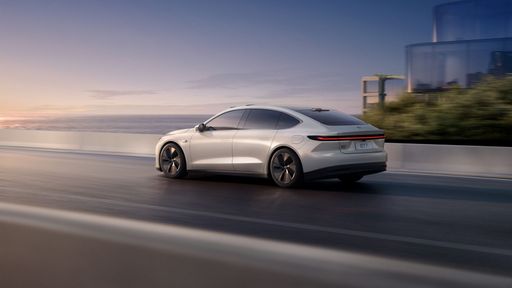 @ NIO Inc.
@ NIO Inc.
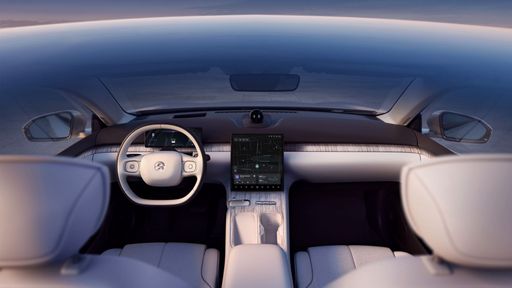 @ NIO Inc.
@ NIO Inc.
 @ Abarth / Stellantis Media
@ Abarth / Stellantis Media
|
 @ NIO Inc.
@ NIO Inc.
|
|
|
|
Costs and Consumption |
|
|---|---|
|
Price
32600 - 39400 £
|
Price
59900 - 68900 £
|
|
Consumption L/100km
-
|
Consumption L/100km
-
|
|
Consumption kWh/100km
17.1 - 18.8 kWh
|
Consumption kWh/100km
19 - 19.3 kWh
|
|
Electric Range
242 - 265 km
|
Electric Range
451 - 584 km
|
|
Battery Capacity
37.80 kWh
|
Battery Capacity
73.5 - 90 kWh
|
|
co2
0 g/km
|
co2
0 g/km
|
|
Fuel tank capacity
-
|
Fuel tank capacity
-
|
Dimensions and Body |
|
|---|---|
|
Body Type
Hatchback
|
Body Type
Sedan
|
|
Seats
4
|
Seats
5
|
|
Doors
3
|
Doors
4
|
|
Curb weight
1410 - 1435 kg
|
Curb weight
2434 - 2454 kg
|
|
Trunk capacity
185 L
|
Trunk capacity
363 L
|
|
Length
3673 mm
|
Length
5101 mm
|
|
Width
1682 mm
|
Width
1987 mm
|
|
Height
1518 mm
|
Height
1509 mm
|
|
Max trunk capacity
550 L
|
Max trunk capacity
-
|
|
Payload
370 - 385 kg
|
Payload
446 - 466 kg
|
Engine and Performance |
|
|---|---|
|
Engine Type
Electric
|
Engine Type
Electric
|
|
Transmission
Automatic
|
Transmission
Automatic
|
|
Transmission Detail
-
|
Transmission Detail
Reduction Gearbox
|
|
Drive Type
Front-Wheel Drive
|
Drive Type
All-Wheel Drive
|
|
Power HP
155 HP
|
Power HP
653 HP
|
|
Acceleration 0-100km/h
7 s
|
Acceleration 0-100km/h
3.80 s
|
|
Max Speed
155 km/h
|
Max Speed
200 km/h
|
|
Torque
235 Nm
|
Torque
850 Nm
|
|
Number of Cylinders
-
|
Number of Cylinders
-
|
|
Power kW
114 kW
|
Power kW
480 kW
|
|
Engine capacity
-
|
Engine capacity
-
|
General |
|
|---|---|
|
Model Year
2023
|
Model Year
2022
|
|
CO2 Efficiency Class
A
|
CO2 Efficiency Class
A
|
|
Brand
Abarth
|
Brand
NIO
|
Is the Abarth 500 595 695 offered with different drivetrains?
The Abarth 500 595 695 is offered with Front-Wheel Drive.
The prices and data displayed are estimates based on German list prices and may vary by country. This information is not legally binding.
